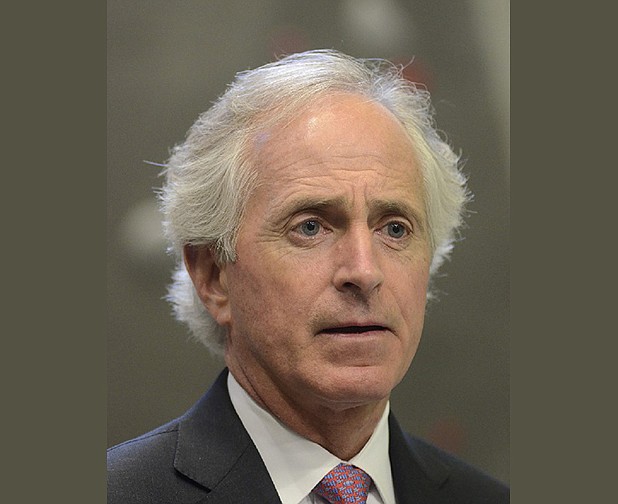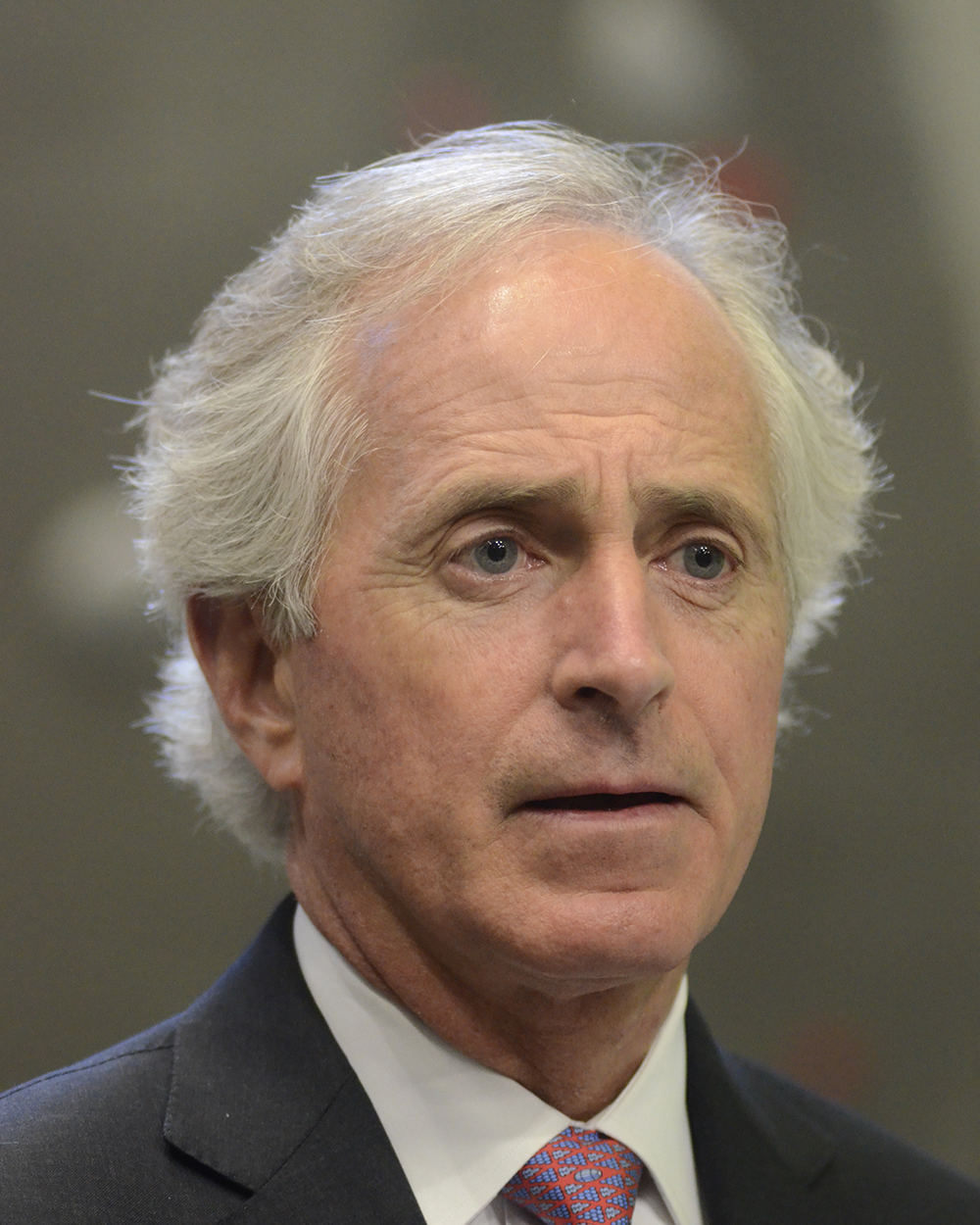Whose vote is it? Move over politicians: This is a union vote
Wednesday, February 12, 2014
It's a union election. It concerns more than 1,500 hourly workers and Volkswagen in Chattanooga.
But with politicians wildly gesticulating on every podium from here to Nashville, you would think it was government business.
It isn't. A vote of workers at the Chattanooga Volkswagen plant to formally accept the United Auto Workers union bid to help VW establish a works council here is a worker and company decision. All the politicking serves is to show us once again how petty and partisan and full of themselves many of our elected officials really are.
Why all the fuss? Because this vote is historic. It represents change, and not just change at one plant. This vote will create a new kind of union animal -- a works council, U.S. style -- that just might be more palatable to more workers and more businesses. It particularly may be more accepted in the South, where change has been a four-letter word since the Civil War. One VW worker last week termed it "a 21st century approach" to labor-management issues. And that means it also represents a potential change on the playing field of political donations.
So the region's Republican solons -- the same ones who pride themselves and market their party as being against "big government" -- suddenly are acting very much like "big government" this week as VW workers begin a three-day secret ballot vote.
Tennessee Senate Speaker Pro Tempore Bo Watson, a Chattanooga Republican who represents Hixson, on Monday threatened future economic incentive deals with Volkswagen if employees agree to allow unionization of the company's Chattanooga plant, after VW invited the United Auto Workers to help form a works council.
"Should the workers at Volkswagen choose to be represented by the United Auto Workers, then I believe any additional incentives from the citizens of the state of Tennessee for expansion or otherwise will have a very tough time passing the Tennessee Senate," Watson said. And he called Volkswagen's effort "un-American."
Move over Chris Christie: Tennessee Sen. Bo Watson doesn't want you to have the only "bully" reputation in government.
On Monday night, U.S. Sen. Bob Corker, a former Chattanooga mayor, flew to Chattanooga from Washington, D.C., (on our dime) to weigh in and do his own gesticulating.
Corker, who as a freshman senator was involved in the GM bailout, said he has had an "up-front, close look under the hood of UAW" and he fears UAW's "disruptive" reputation.
Corker also is irritated and somewhat rightfully indignant that his interest in this vote is referred to by the UAW as "outsider" interference. After all, the first two negotiations to get VW here occurred right around his own dining room table, he said.
"This to me is about one thing. It's about our community," Corker said. But then, invoking the long-repeated, anti-union chant about Detroit being destroyed by unions, Corker said new UAW management won't make a difference: "This is not a new UAW."
When the smoke clears, all the GOP hysterics still look like politicking. Unions generally don't give to GOP candidates, and not all of our statesmen can shrug off donations the way millionaire Corker can.
What we have to ask is how the threats look. One Democrat terms them an "outrageous and unprecedented effort by state officials to violate the rights of employers and workers."
Tennessee Republicans "are basically threatening to kill jobs if workers exercise their federally protected rights to organize," said House Democratic Caucus Chairman Mike Turner of Nashville.
So much for the spirit of Tennessee as a "right-to-work" state.
But more importantly, what's the future? What happens when the vote is over if workers accept UAW and work begins to shape this new labor works council? How do all these politicians and chambers of commerce and Gov. Bill Haslam rewind all their "sky-is-falling-on-Tennessee" and "no-new-incentives" rants?
Taxpayers should care. We should worry that some of our lawmakers don't seem to know or care that threats give the state little room for rewrites and lots of room to be sued in court. Those are our dimes.

